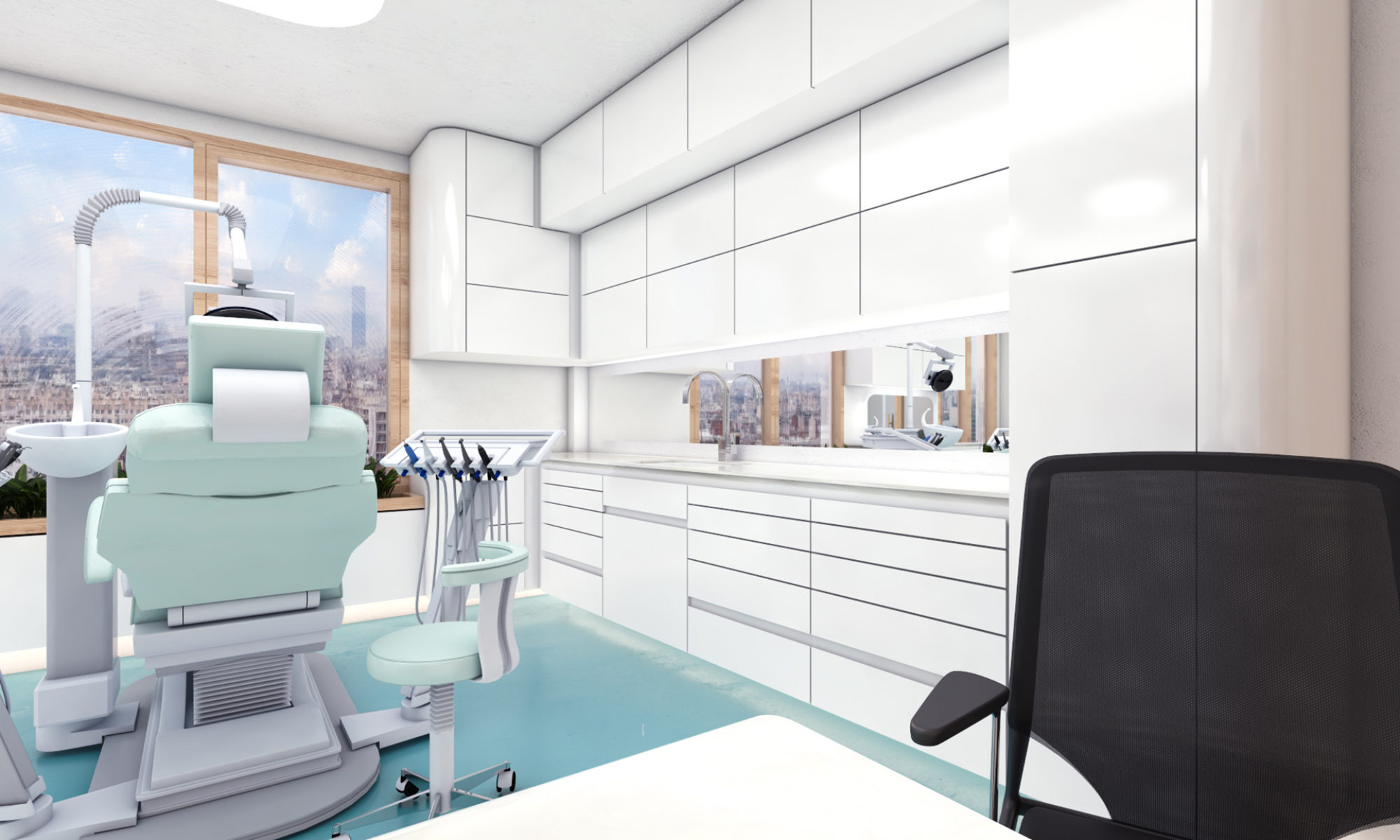
Dentists often hear the question: what harm can brushing your teeth do? There is only one answer: everything can be harmful if it is done incorrectly. This includes regular brushing of teeth.
Why should you brush your teeth?
After every meal, plaque remains on the teeth. If it is not removed, then over time it hardens, going under the gum. The main danger posed by dental plaque is bacteria. They lead to caries and inflammation of the gums. When you brush your teeth before bed or after breakfast, the growth of bacteria is slowed down, which means that the likelihood of oral diseases is reduced.
Of course, it is quite difficult to completely remove the entire plaque. And regular preventive visits to dentistry come to the rescue. Professional oral hygiene removes all dental deposits in hard-to-reach places and under the gum. But one does not replace the other. It is very important to brush your teeth regularly at home and come to the clinic for prophylaxis.
Is a toothbrush harmful?
A toothbrush can even be dangerous if not changed and stored properly. The brush of each family member should be stored in a separate glass. It must be rinsed after use and changed approximately every three months. This hygiene product is the first candidate for colonization by bacteria.
And what brush to choose – on this occasion it is worth consulting with your doctor. There are a lot of brushes. The most common options are mechanical, electrical and sound. In addition, the irrigator perfectly complements the main cleaning.
Mechanical, sonic and electric brushes clean teeth well. But each is fraught with danger if used improperly. The bristles can damage enamel and soft tissues, as well as drive plaque under the gum. Your dentist will teach you the correct brushing technique.
By the way, did you know that the doctor can easily determine whether you are left-handed or right-handed? This is noticeable in the state of the oral cavity after aggressive brushing. If you work very diligently with a toothbrush, and even a hard one, then the enamel is scratched, and the gums look inflamed. It is better to choose a medium-hard toothbrush, brush your teeth very gently in the direction from the gums to the edge of the teeth.
When using an electric brush, it is worth considering how its head rotates. Modern devices do not allow you to press the brush too hard against your teeth. However, it is the rotational element that is able to lower the entire plaque under the gum. Therefore, read the instructions carefully and visit the dentist regularly.
The more the worse
How many times should you brush your teeth? The principle “the more often the better” does not work here at all. Brushing your teeth too often can wear down the enamel. And then you can put several seals at once. Ideally, wash twice a day, in the morning and in the evening.
If everything is clear with evening cleaning (you need to do this immediately before going to bed and eat nothing after), then questions often arise about the morning. Before or after breakfast?
Proper hygiene in the evening means that you have nothing to clean before breakfast. But hygiene after eating also has its tricks. Cleaning should be postponed for about an hour if you prefer juice or fruit: acid softens the enamel, and you literally “cleanse” useful minerals from it. If there is no time, rinse your mouth with water or mouthwash.
What if it’s longer? Maybe it’s better?
There is no strict rule here. The average brushing time is 2 minutes. The most important thing is that all teeth are cleaned. Here it is worth focusing on your pace. For some, 1.5 minutes is enough, for others, cleaning will take 6 minutes. It is important not to overdo it and not forget, for example, about wisdom teeth. They are quite far away, and it is not always possible to get them.
Don’t forget the interdental spaces. Dental floss does a great job. But it also needs to be used correctly so as not to damage the gums. Talk to your doctor. Perhaps it is better to give preference to the irrigator.
Can toothpaste be dangerous?
The composition of any toothpaste you use is important. Manufacturers promise many miracles, but do not place high hopes on promises. Whitening pastes, in fact, “rip off” plaque along with enamel, and antibacterial pastes are contraindicated for small children.
Your doctor will help you choose. He will determine which paste is right for you. For example, if the water you drink contains so much fluoride, then fluoride pastes will be dangerous for you. And with crowded teeth, the doctor will recommend a special toothpaste that fights plaque and stone.
If you have no problems with your teeth, choose a simple herbal paste. In any other case, be guided by the recommendations of the doctor.
And never! Never use folk methods. Brushing your teeth with baking soda or other means is like rubbing them with a metal dish brush. Soda brings little benefit to the oral cavity and a lot of harm to soft tissues. Do not abuse antibacterial agents. Complete sterility in the oral cavity will not bring anything good.
And what is the conclusion?
Is brushing your teeth bad? Everything is good in moderation. You need to take care of your teeth, you need to brush them. But you need to do it right. Just go to your doctor – he will conduct an examination and give all the necessary instructions. The right habits will keep you healthy for years to come.
